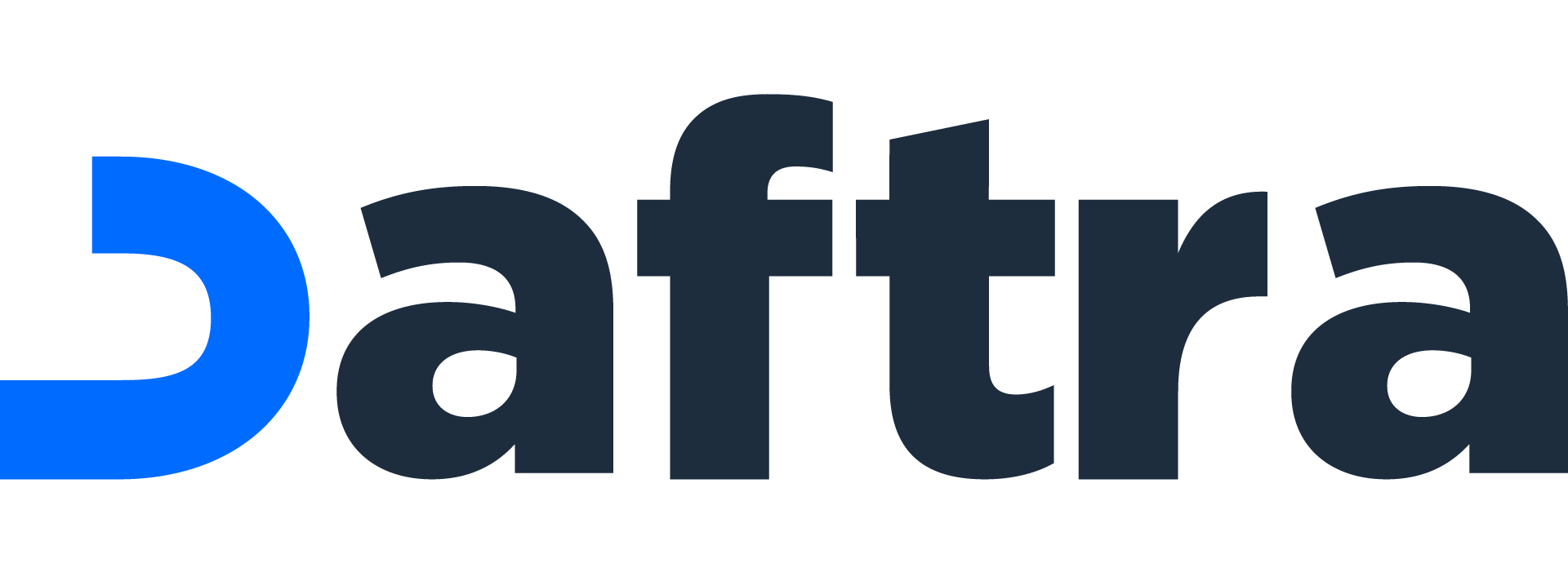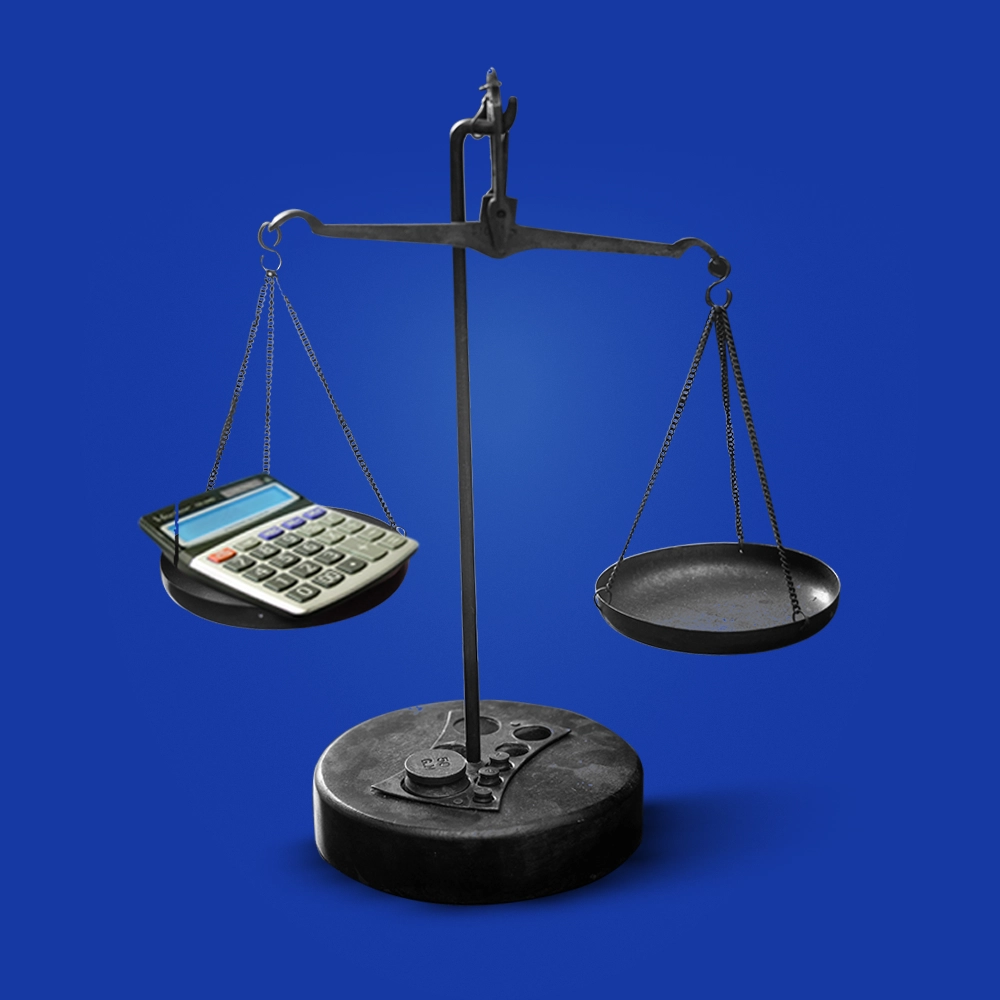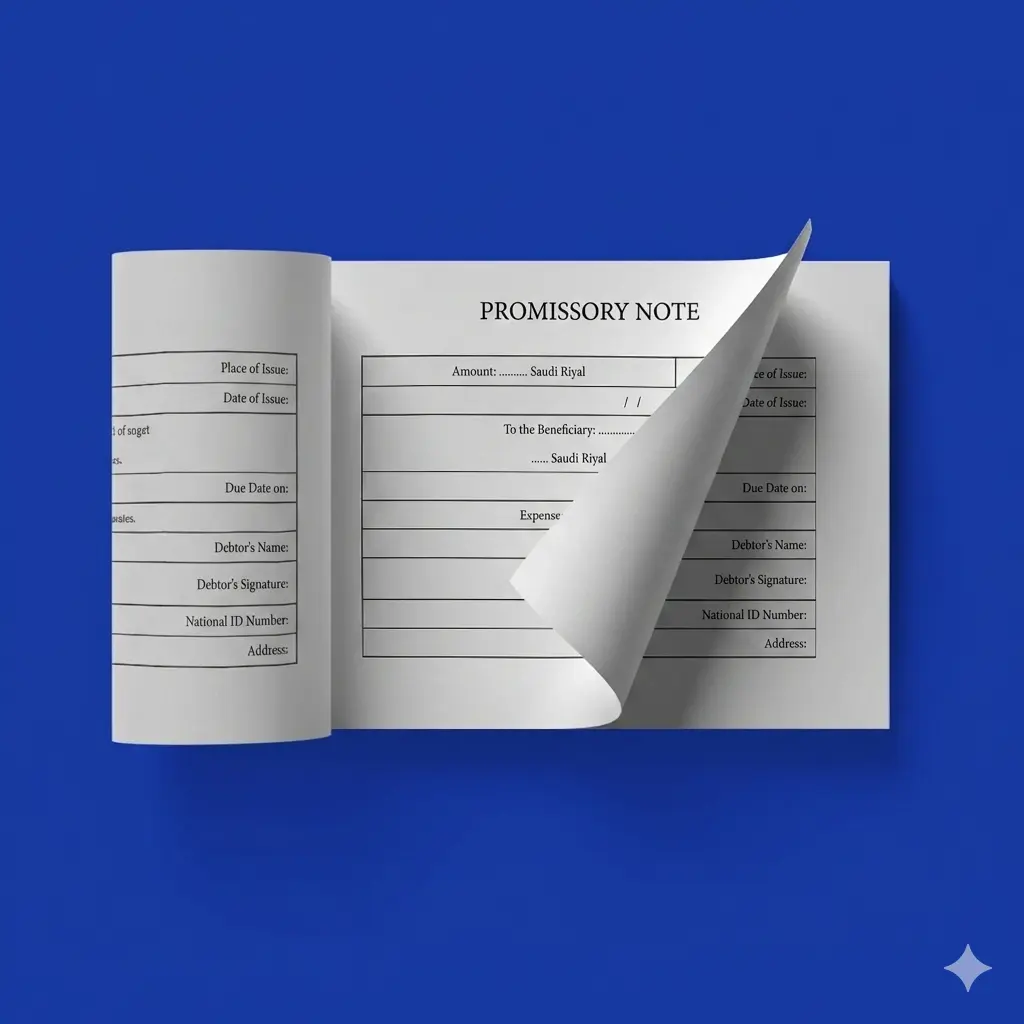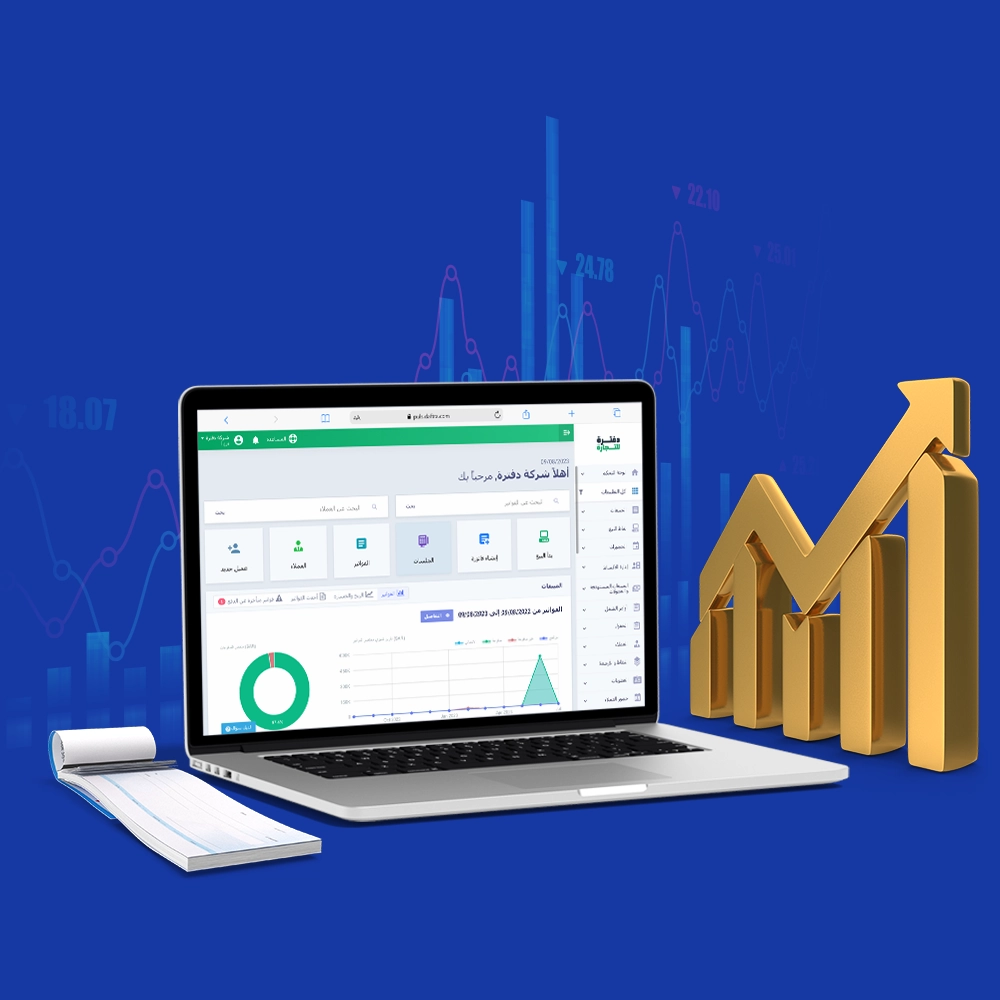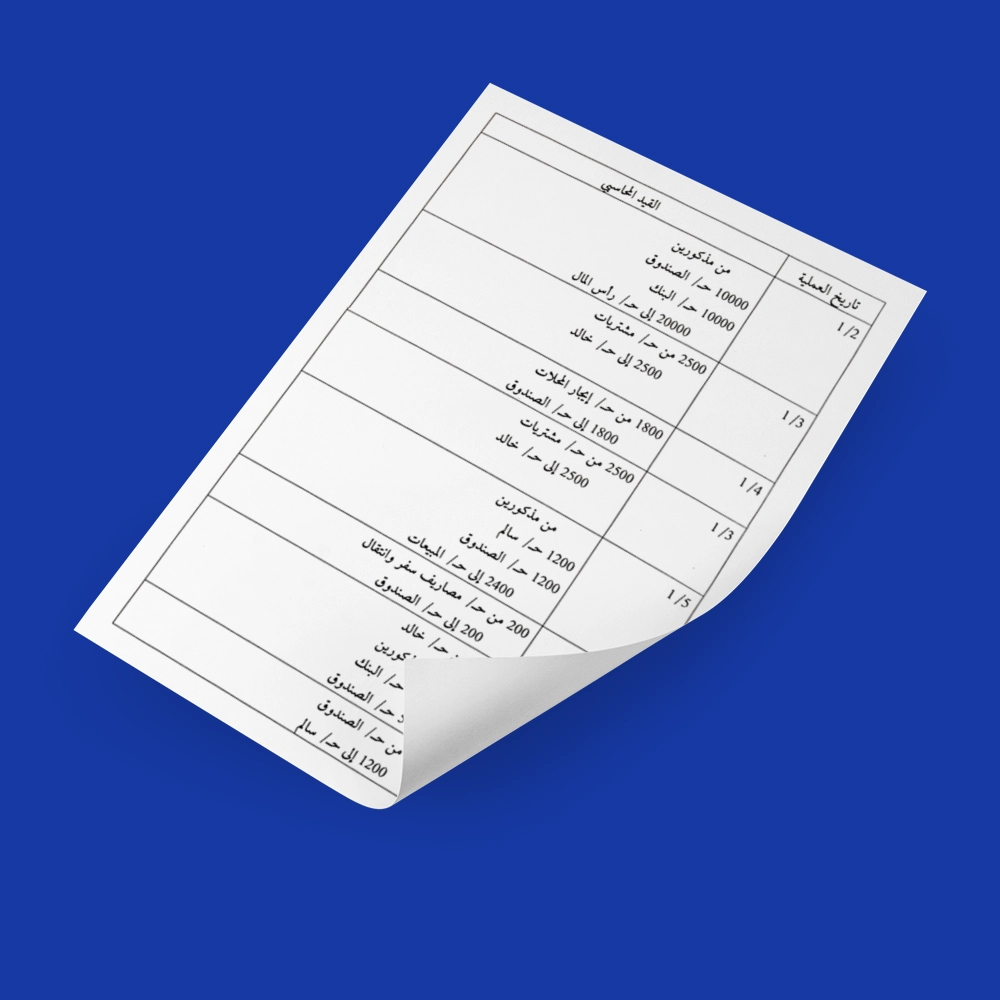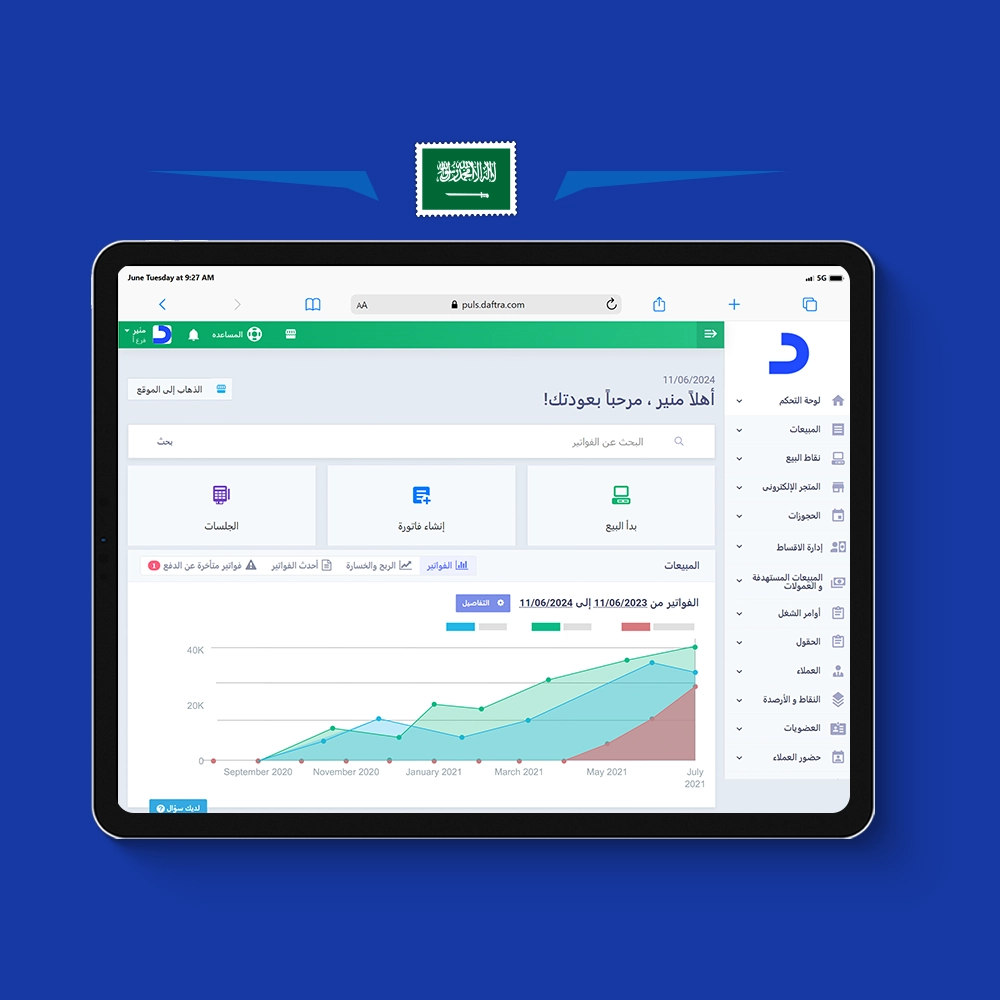How to Choose an Accounting Software?
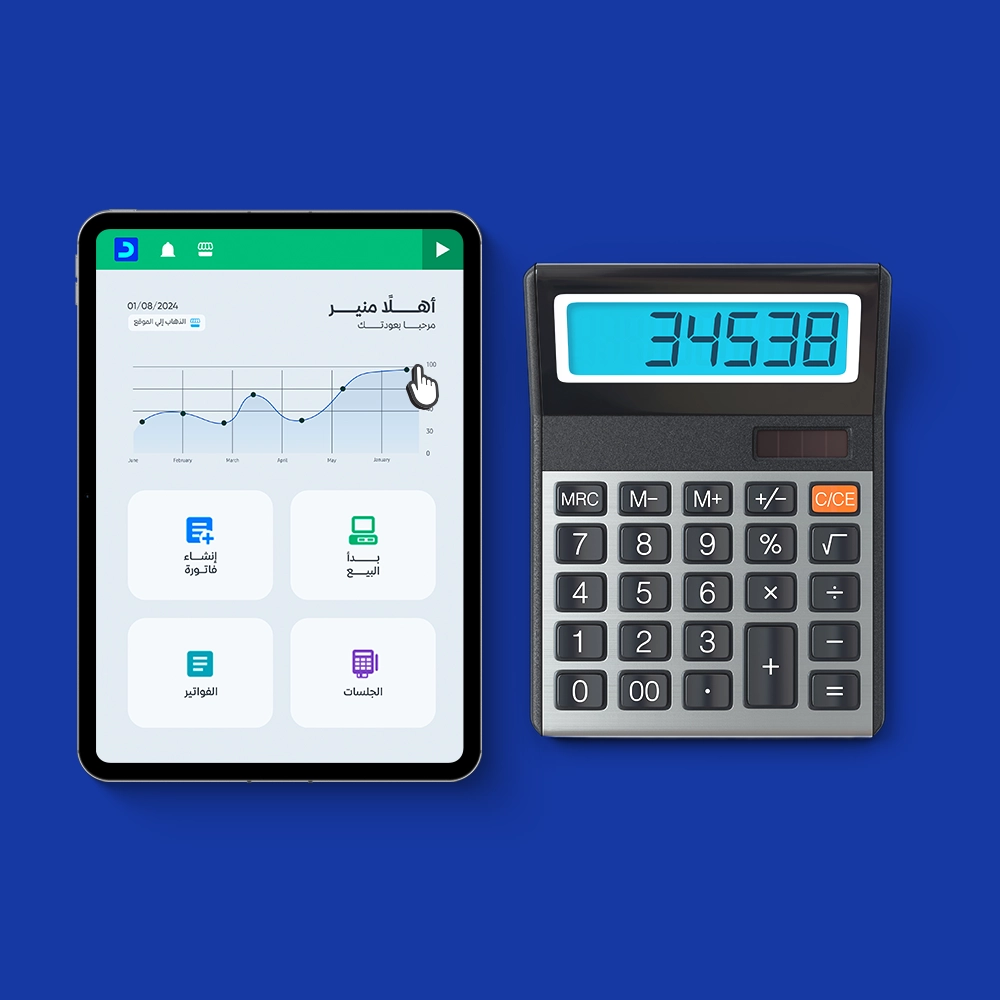
In the era of the information revolution, digital transformation, and the development of the internet, it has become essential for companies to keep up with this massive development. One way to do so is by relying on accounting software, which no longer serves just traditional accounting tasks but now performs most of an accountant's duties with precision and accuracy.
Many criteria and points govern the process of selecting the best accounting software for companies. Suppose you want to achieve your company's objectives efficiently, using an integrated accounting Software to manage and settle all your operations. In this article, you will be able to choose the best software for your company.
Why Your Company May Need Accounting Software
Using accounting software is one of the most important decisions and challenges facing businesses, especially startups or medium-sized companies looking to transition their accounting systems from traditional to advanced digital systems.
Below are the key reasons why companies adopt accounting software to manage and streamline their operations:
- Automating traditional accounting tasks saves time, effort, and money.
- Eliminating errors in data entry and calculations, simplifying the work of auditors and reviewers.
- Providing backup copies of old data enables the retrieval and preservation of information whenever needed.
- Integrating all accounts simultaneously: When any entry is recorded, it automatically updates the company’s account tree, turning revenues into profits and expenses into costs.
- Inventory Management, including tracking available stock, alerting about unavailable items, and adding and pricing new products.
- Simplifying and speeding up the preparation of financial reports.
- Quickly identifying account balances.
- Integrating all sales and distribution points.
- Allowing flexibility in choosing the format of financial and accounting data.
- Supporting e-commerce by integrating accounting software with online shopping systems.
- Recording large volumes of transactions in a short time.
- Improving compliance with laws and preparing tax reports.
- Ensuring the security and confidentiality of accounts and data through safety and security measures.
Read Also: Best Sales Software for Small and Medium Businesses
Things to Check Before Buying Accounting Software
Selecting the best accounting software is the first step toward simplifying and effectively managing business operations. Accounting software varies in price, functionality, and the number of tasks it can handle.
To make the right decision, consider the following factors:
1. Nature of the Company
There are different types of accounting software tailored for large corporations, small businesses, or medium-sized enterprises. The nature of your company's activity—whether commercial, industrial, or service-based—also impacts the choice of software. Additionally, the scale and growth of the business should be taken into consideration.
2. Software Type
This refers to whether the software is free or paid. Experts emphasize the importance of choosing paid software, as it is typically more specialized and advanced, offering greater speed and accuracy in performing tasks and processes.
It is worth noting that most free accounting software is not reliable because beginners in the field often design it. Therefore, it is strongly recommended to avoid using such software.
3. Work Requirements
You should clearly define your business goals and activities, as well as the benefits you aim to achieve by using accounting software.
It is also necessary to identify the elements and accounts that the software is expected to handle, such as payroll, inventory management, cost accounting, and more.
Additionally, it is essential to consider the future growth of your company and its activities and operations when selecting accounting software, ensuring it can accommodate future expansions.
4. Employee Education Level
Accounting software should be selected based on the educational level of the employees. However, if an advanced Software is chosen, it is essential to consider the type of training that needs to be provided to employees to keep up with modern technologies.
It is crucial that employees are able to understand the program's functions and features to achieve the desired outcomes.
5. After-Sales Support
It is important to determine whether the company developing the software provides post-sales support and services. Additionally, it is essential to assess the company's responsiveness to customer inquiries and issues.
You should also ensure that the support team has sufficient expertise and knowledge to assist with technical problems. Moreover, the software developer must offer regular updates to the program.
6. Reputation of the Provider
It is essential to research detailed information about the company offering the software, such as its years of experience in the accounting software field.
You should also ensure that the company is flexible enough to handle unexpected situations. The more flexible and stable the company is, the more trustworthy it becomes.
7. Support for External Transactions
If your business involves deals or activities with foreign parties or entities outside the country, you must ensure that the accounting software supports international transactions and accounts.
Additionally, verify that it can handle foreign exchange rates and international transfers effectively.
8. Regulatory Compliance
The accounting software must ensure compliance with the country's financial records and legislative laws. Therefore, businesses should adopt accounting software that simplifies and automates compliance processes. This includes generating electronic waybills, electronic invoices, and addressing other compliance requirements efficiently.
9. Ease of Use
It is essential to choose accounting software that is easy to use and not overly complex. The software should provide a simple and user-friendly interface, making daily operations more convenient by focusing on priorities.
The Software should also include separate lists, such as a customer list, an inventory list, and an invoice list, to facilitate and streamline the workflow.
10. Cost
The price of the accounting software should be reasonable for the tasks it performs and aligned with the quality of the services it provides.
Additionally, it is essential to verify whether the software provider imposes any additional costs, such as monthly or annual fees, to avoid unexpected expenses.
11. Performance
You must ensure the Software successfully performs the required tasks. This can be verified by requesting a trial version of the software, such as a one-month trial, to evaluate its efficiency. Below are some key tasks the software should handle:
- Data Security and invoice generation.
- Expense Tracking.
- Inventory Management.
- Performing bank reconciliations.
- Tracking purchase orders and recording inventory purchases.
- Managing tax files.
- Recording daily journal entries.
- Displaying creditor and debtor accounts.
- Preparing reports, including the balance sheet, profit and loss statement, and trial balance.
- Auditing and reviewing financial records.
The software should also offer additional features and functionalities tailored to the specific needs of the business, including its type and size.
12. Data Security
The ability to maintain the security and confidentiality of data is one of the most critical criteria when selecting suitable accounting software. The Software must ensure the privacy and accuracy of all financial and business accounts and transactions.
Thus, it is essential to confirm the program's capability to securely store data on private servers, create backups, and implement all safety and security protocols.
13. Automatic Integration
Accounting software is a technical tool that assists in performing tasks and processes. Therefore, it should work seamlessly with other tools and technologies to ensure accurate results. It is crucial that the Software provides automatic integration with key applications commonly used in your business.
14. Flexibility
Your accounting software should be flexible enough to adapt to all developments and changes in your company’s activities and operations.
The Software should also be internet-enabled, allowing employees to access the database and system and manage financial operations anytime, from anywhere.
Questions to Ask Before Choosing Accounting Software
If you are about to start your company and want to select accounting software to manage all financial operations, you should ask yourself some key questions to guide your decision-making process.
Here are the most important ones:
1- Is there a difference between cloud-based accounting software and desktop-installed accounting software?
Desktop-installed software requires installation on a specific computer or device. The data is stored and accessed directly on that device.
Cloud-based accounting software does not require installation. It operates online, and all information and data are stored securely in cloud-based backup systems, allowing access from anywhere.
2- Will this software meet long-term business needs as operations grow and expand?
When planning to choose an accounting program, it is essential to consider the company’s future growth and business expansion.
The software should be capable of accommodating future expansions, as growth is the goal of every company.
It would be impractical to purchase new software for every expansion. Therefore, select software that aligns with the company’s expected growth over at least the next five years.
3- Do employees need training to use this software?
The software may include advanced technologies to perform complex accounting tasks. Therefore, it is essential to train the accounting team to understand and adapt to these technologies to achieve the desired results.
4- Is customer support free or paid?
Some companies offer free support and maintenance services for a year or more, after which the services are provided for a small fee.
5- Does the software work on all operating systems, such as Windows, Mac, or Linux?
Traditional accounting software installed on desktops should be compatible with all operating systems, including Windows, Mac, and Linux.
6- Does the software enable the sharing of information with those who need it?
Some people may find it difficult to share information and data, often resorting to manual transfers. However, certain accounting programs facilitate the exchange of data and information among employees. They also support multi-user access while enforcing conditions and levels of confidentiality for each user.
7- What is the maximum amount of money that can be spent on purchasing accounting software? Is the price of the software reasonable compared to the features and services it offers?
Initially, a specific budget should be allocated for purchasing the accounting software, based on the business requirements and the functions required from the program. However, the price of the software must align with the quality and efficiency of the tasks and features it provides.
8- Are there complaints about its security measures?
Accounting information and data may be exposed to risks such as theft or damage due to natural disasters. Therefore, it is essential for the company developing the software to provide robust mechanisms and protocols to ensure data security and protection.
It is crucial to have storage spaces monitored with the latest technologies, capable of detecting hacking attempts.
Additionally, you should verify the company's ability and reputation for achieving this by researching feedback from previous customers about their experiences with the software.
Conclusion
It has become impossible for companies and organizations to remain competitive in the financial market, regardless of their size, without digitizing their operations and transactions.
Given that the accounting department is one of the most demanding in terms of time, effort, and money, the emergence and development of accounting software have been a significant advantage for the accounting and auditing sectors.
However, the diversity and variety of these programs in the market have made it challenging for companies and organizations to choose the best accounting software for their needs.
Therefore, it is essential to have a helpful guide that enables accountants to understand the nature and importance of accounting programs, as well as the key criteria and points that contribute to making informed decisions. At the end of the article, we recommend choosing Daftra accounting software, as it offers a wide range of features and services.
